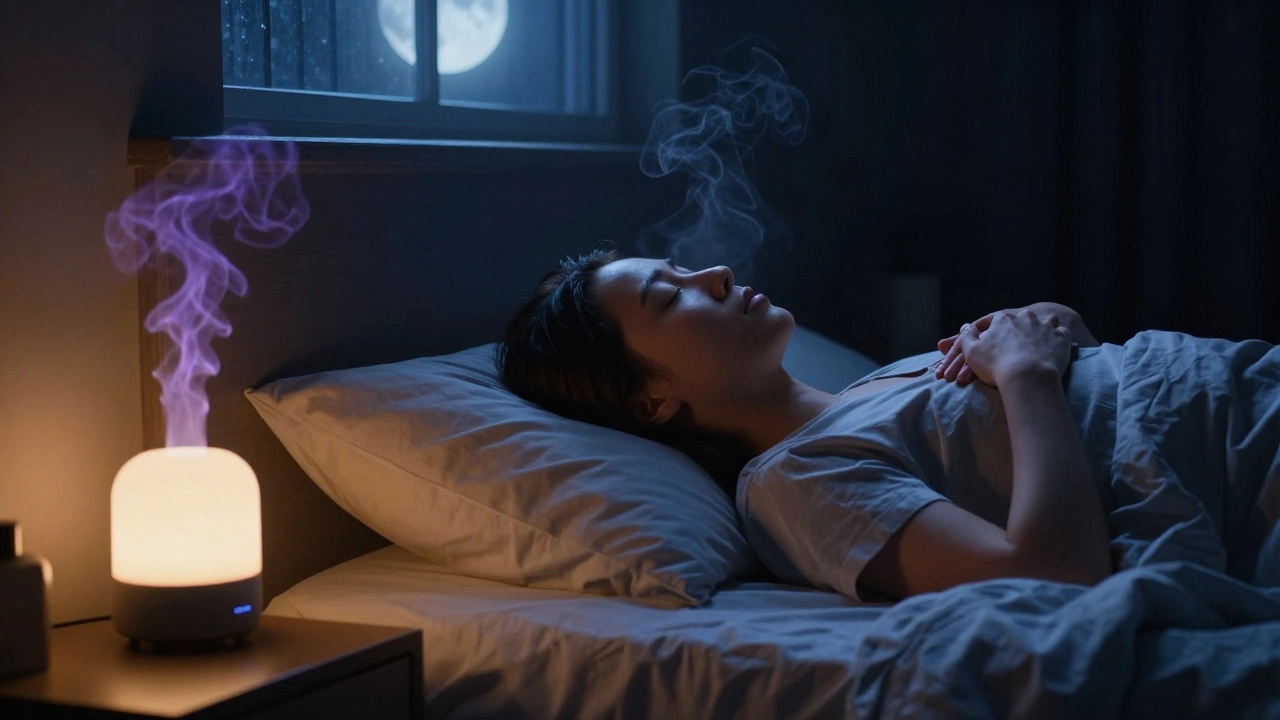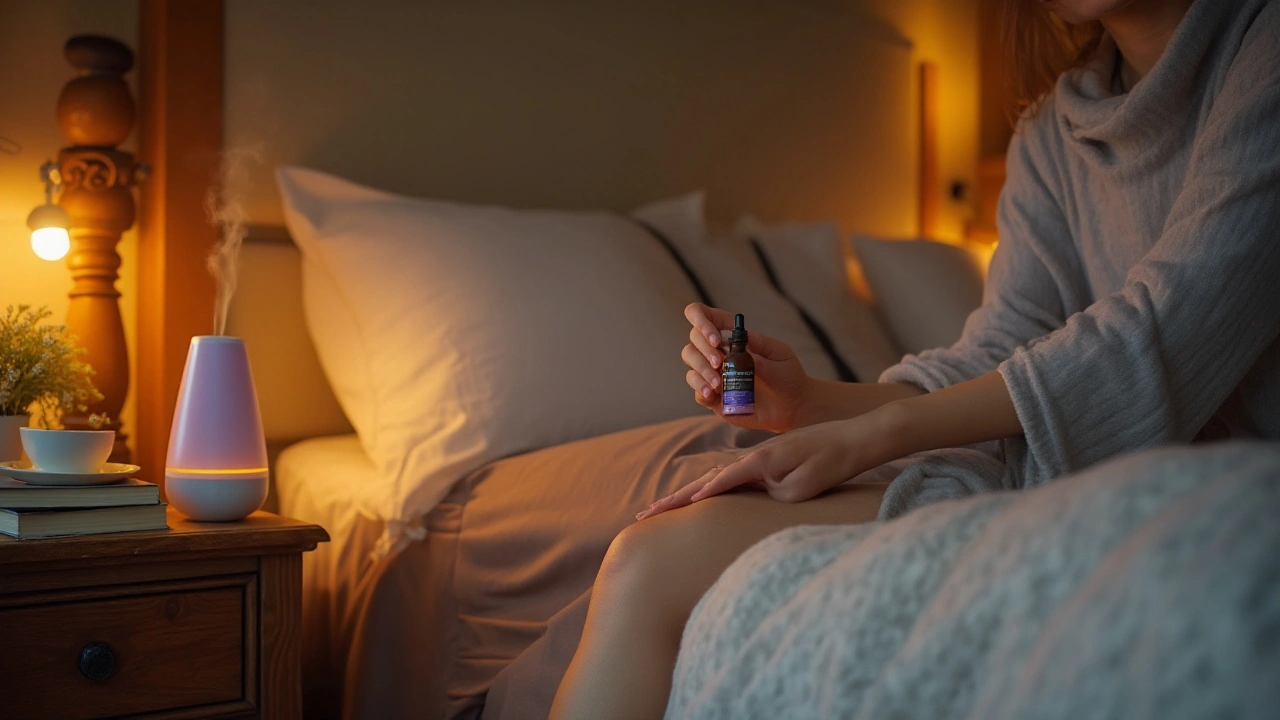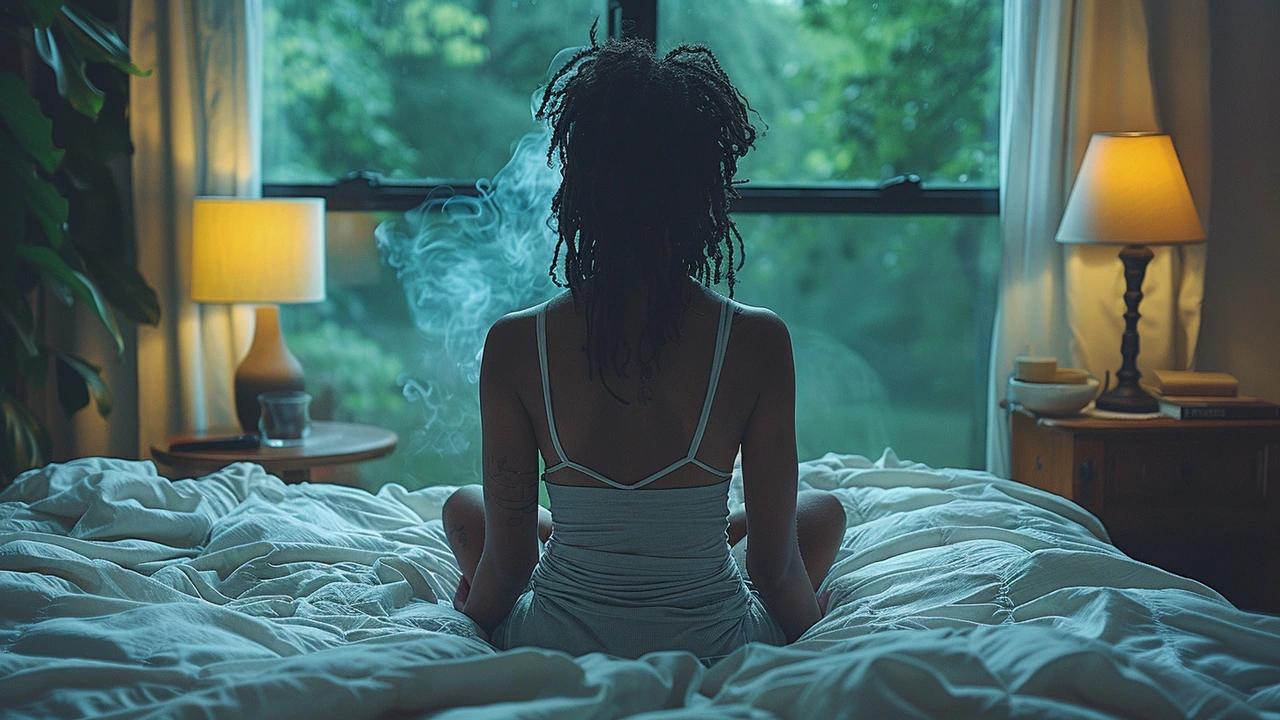Sick of lying awake? Better sleep starts with small, clear changes you can do tonight. This page collects straightforward tips that actually work, not fancy theories. Use what fits your life and test one change at a time.
Set a consistent sleep time. Go to bed and wake up within the same 30 minutes every day, even weekends. Your body clock learns patterns fast, and consistency improves sleep depth and morning energy.
Keep your bedroom cool, dark, and quiet. Aim for about 65°F (18°C) and use blackout curtains or a sleep mask. Cut screen time an hour before bed — blue light tricks your brain into thinking it’s daytime. Try a short wind‑down routine: dim lights, calm music, reading a paper book, or simple stretches. Avoid big meals, alcohol, or caffeine late in the day. If you nap, limit it to 20 minutes before midafternoon.
Move during the day. Moderate exercise improves sleep quality, but finish vigorous workouts at least two hours before bedtime. Outdoor activity helps too because natural light keeps your circadian rhythm on track.
Watch how you use your bed. Use the bed for sleep and sex only. If you work or worry in bed, your brain starts to link the mattress with alertness instead of rest. If you can’t sleep after 20 minutes, get up, change rooms, and do a quiet activity until you feel sleepy again.
Try breathing exercises or a five minute body scan to relax fast. A simple box breathing pattern — inhale for four, hold four, exhale four, hold four — calms nerves and slows your heart rate. Keep a notepad by the bed to jot down worries so they don’t loop in your head. Consider white noise or a fan if sudden sounds wake you.
Limit liquids before bed to avoid waking for the bathroom. If you use sleep aids, use them only short term and under a doctor’s guidance. Melatonin can help reset a sleep schedule for a few days but it’s not a nightly fix for everyone.
When sleep problems persist, get real help. Chronic insomnia, loud snoring, or daytime sleepiness warrant professional advice. A sleep study can spot issues like sleep apnea that need specific treatment.
Small, steady changes beat dramatic overnight fixes. Pick one habit to try this week — maybe consistent wake time or no screens after 9 pm — and stick with it for two weeks before switching. Better sleep builds fast when you make it a simple routine.
Check your mattress and pillow. A worn mattress can cause aches that disrupt sleep; if you wake sore, consider replacing it. Try lavender scent or a warm shower before bed to cue relaxation. Track sleep for two weeks with a simple app or a notebook to spot patterns — note caffeine, alcohol, naps, and mood. Those notes make it easier to fix what actually keeps you awake.
You can sleep better—start tonight.

Learn how reducing daily stress can transform your sleep quality. Simple, science-backed techniques to calm your mind at night and break the cycle of insomnia caused by anxiety.
Read More
Learn simple, science-backed relaxation techniques to fall asleep faster and sleep more deeply without pills or gadgets. Try breathing, muscle relaxation, and guided imagery tonight.
Read More
Aromatherapy can significantly improve sleep quality using natural scents and oils. This article explores various techniques, effective essential oils, and tips for incorporating aromatherapy into your bedtime routine. Discover how specific aromas can promote relaxation, reduce stress, and enhance sleep experience.
Read More
Struggling to get a good night's sleep? Discover the transformative impact of relaxation techniques on sleep quality. This article delves into various methods to unwind, reduce stress, and set the stage for restful slumber. From deep breathing exercises to mindfulness meditation, learn how these simple practices can make a significant difference.
Read More